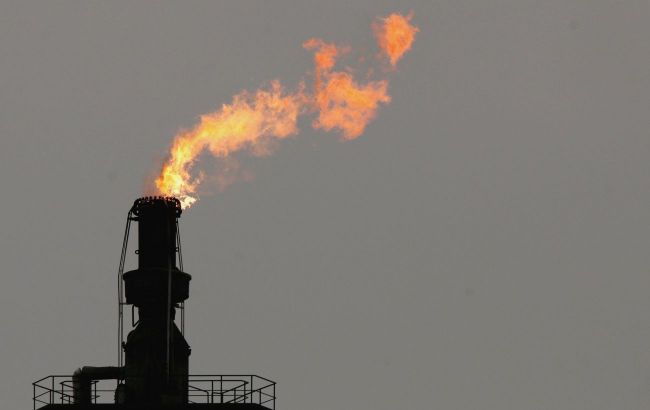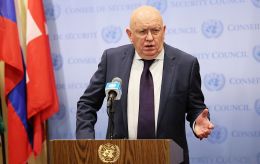EU approves law to restrict gas imports, impacting Russia
 Photo: EU to limit gas imports from Russia (Getty Images)
Photo: EU to limit gas imports from Russia (Getty Images)
European Union countries have approved a law that imposes restrictions on methane emissions from oil and gas imports to Europe starting in 2030, Reuters reports.
Methane is the main component of natural gas, which is burned at power plants and to heat homes. It is also the second most important cause of climate change after carbon dioxide and contributes to global warming when it enters the atmosphere from leaky oil and gas pipelines and infrastructure.
EU agriculture ministers, who like all ministers have the power to approve laws on any topic, finally approved their governments' policy at a meeting in Brussels, meaning it can now come into force. Only Hungary voted against it.
New EU rules
Starting in 2030, the EU will introduce maximum methane intensity values for fossil fuels placed on the European market. By this date, the European Commission will determine the exact limits of methane content.
Oil and gas importers who violate the limit may face financial penalties.
The import rules are likely to hit major gas suppliers such as the US, Algeria, and Russia. Moscow cut supplies to Europe after it invaded Ukraine in 2022, and since then, its place as Europe's largest pipeline gas supplier has been taken by Norway, whose supplies have one of the lowest methane content in the world.
US President Joe Biden's administration, which along with the EU has called on countries to cut methane emissions by 30% by 2030 to limit climate change, welcomed the EU methane law.
Last year, the US established its own rules requiring oil companies to limit methane emissions.
Starting in 2027, the EU will also require that new oil, gas, and coal import contracts can only be signed with foreign producers that comply with methane emissions reporting rules equivalent to those of the EU.
These rules include that European producers must regularly check their operations for methane leaks. EU policy also bans most flaring and gas flaring, where oil and gas companies intentionally burn or release unwanted methane into the atmosphere.
The EU will stop subsidizing the purchase of gas boilers in 2025, and they will not be installed in new construction projects starting in 2030. At the same time, EU countries must completely abandon fossil fuel boilers, including coal and gas, starting in 2040.

